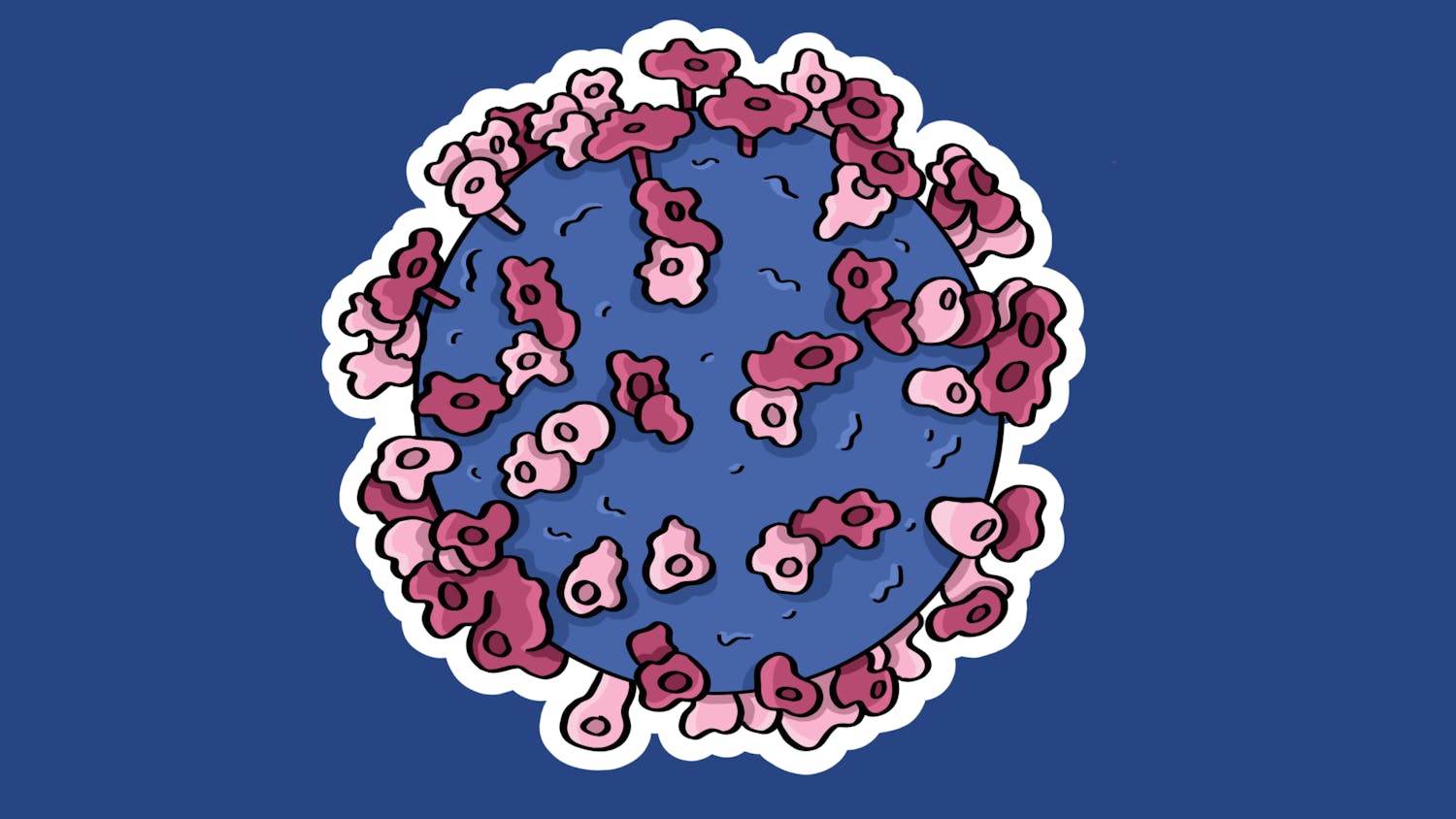Professor Holly Gibbs described it as patchwork quilt, a collection of tidy squares carved into the heart of the Amazon rainforest with a mechanized efficiency Gibbs says is more sophisticated than even the Midwest’s corporate farms.
This neatly industrialized face of deforestation cleared out nearly 3,000 square miles of Amazonian forest last year, according to Brazil’s National Institute for Space Research, and continues to challenge rainforest conservation as its perpetrators slip through environmental laws’ loose grip.
There’s hope for the Amazon rainforest, though. According to a new study conducted by Gibbs and colleagues across both the United States and Brazil, an agreement made by the soy industry has successfully done what Brazil’s strict environmental laws couldn’t: dramatically cut back deforestation.
Called the Soy Moratorium, the agreement was made in 2006 among members of Brazil’s soy industry to promote sustainable soy farming and prevent deforestation in the Amazon biome. Members of the moratorium refuse to trade or finance soy that was grown in newly-deforested land, encouraging farmers to plant only in previously cleared lands.
The story from before the moratorium wasn’t promising. A report by the European Commission found that nearly 2,000 square miles of forest had been cleared for crop production between 2001 and 2004.
According to Gibbs, an assistant professor in the University of Wisconsin-Madison’s Geography Department and Nelson Institute for Environmental Studies, the moratorium turned that around.
“Before the moratorium, about 30 percent of the time soy expanded through deforestation, and now almost no soy expands through deforestation,” said Gibbs.
Gibbs attests the Soy Moratorium’s success to Brazil’s role in a global market. Called “the Global Farm” by some, Brazil is a leading exporter of soy and cattle, with much of that soy going to European and American markets.
American companies like McDonalds and Walmart, who share their own sizeable chunks of the European market, chimed in to the agreement as a Greenpeace report linked McDonalds chicken to Brazilian soy and consumer pressure stepped up.
“European consumers are really powerful and strongly advocate for their beliefs. So there was a lot of pressure. They cleaned up their supply chains of deforestation,” said Gibbs.
Though it cut back on deforestation, the Soy Moratorium did little to dampen the growth of Brazil’s soy industry. According to Gibbs, the area of soy farms actually doubled and profitability increased during the years of the moratorium.
Measuring out to an area six times the size of Texas, the Amazon Rainforest proved to be difficult to monitor, a problem with the enforcement of Brazil’s stringent laws. A benefit of the Moratorium is it is being enforced by the farmers themselves, who interact with the frontier daily.
Spurred by the success of the Soy Moratorium, the cattle and palm oil industries have followed in suit with their own industry-led deforestation agreements, taking part in something that Gibbs likens to an agricultural revolution.
“What we’re seeing now is a revolution ... of how agriculture is produced,” said Gibbs. “These new industry-led efforts offer a ray of hope to really addressing tropical deforestation.”
Gibbs, whose team is looking to expand their focus from the Amazon to the threatened the Cerrado savanna south of the Amazon, says that the Moratorium reflects the influence of today’s consumers, whose voice may be stronger than they realize.
“Our consumer choices matter. One of the things I’ve learned from working with all these companies is that they listen. They respond to... consumer pressure. I would really encourage Cardinal readers to learn about how much they matter globally, and about how decisions we make here can effect the Amazon River Basin and beyond,” said Gibbs.
Originally set to expire at the end of 2014, the Soy Moratorium was extended to May 2016.





